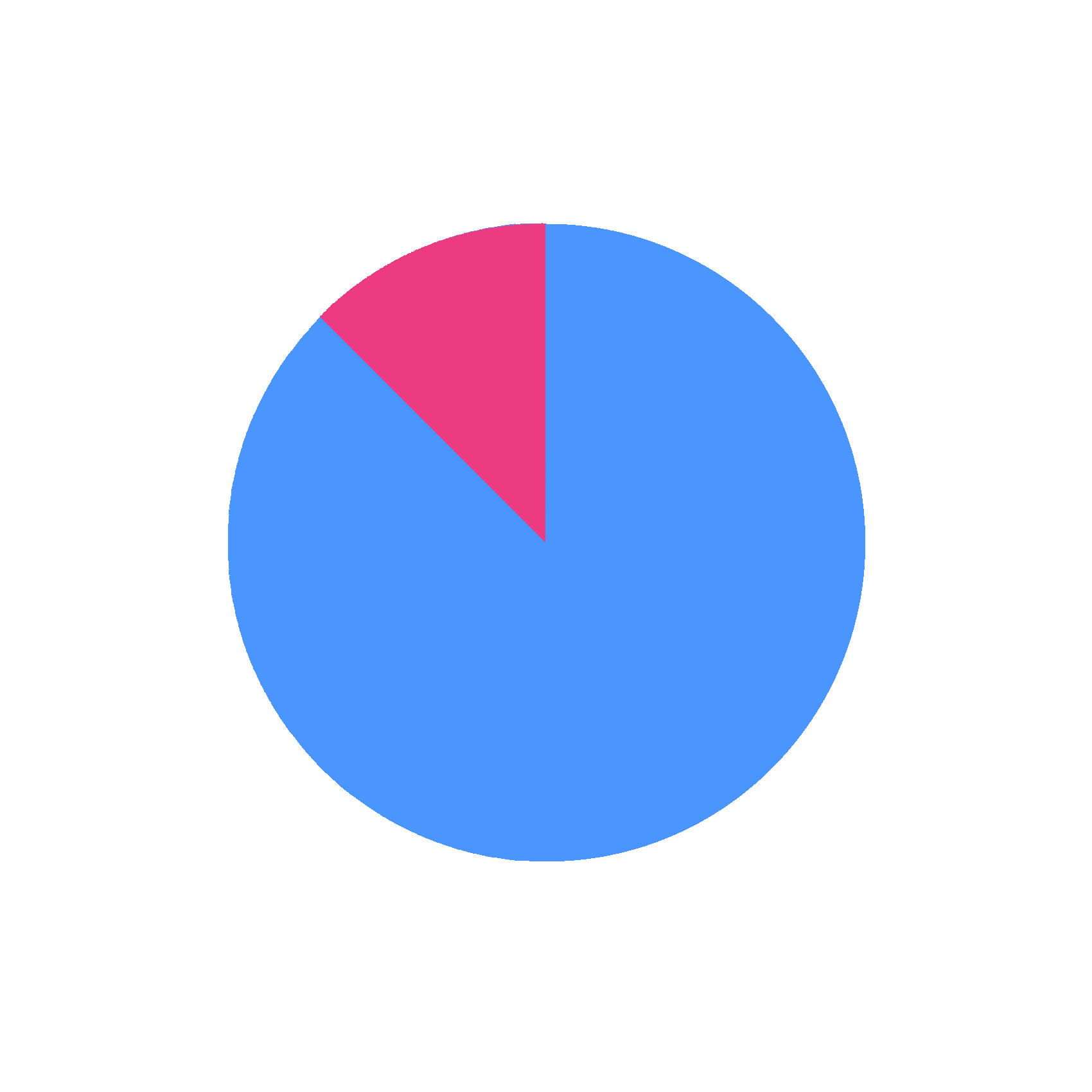
FeMake

FeMake
Just like in tech, there is a gender imbalance in the community of makers. Prior to FeMake, it was unclear how big this balance was and what specifically may have been influencing it.
As with anything, data gives us insight into whether this imbalance is improving and also some of the psychology behind it. For example, the data shows that although there is an increase in females participating in ProductHunt, the number of females participating individually is flat - perhaps indicating that there is a psychological barrier for females to feel comfortable launching on their own.
I used the ProductHunt API and pulled all 5 years of maker and product data. Note: for this study, I only utilized maker data for those individuals that actually submitted, and ProductHunt limits the data queries to only products that have been featured.
Once I had all of the data, I fed first names through Genderize, which indicated the likelihood that the individual was female or male. For example, the name Brenden returns "MALE, Probability: 1, Number:46".
I utilized a formula that essentially said that if the Genderize probability was more than 95% and there was multiple data points, I trusted the output. Similarly, if the probability was above 80% and there was more than 10 values from Genderize, I also mostly trusted the data.
Even then, I ended up manually validating over 8000 names, including names that didn't parse at all in Genderize and hundreds of gender agnostic names like Eli, Jordan, Pat, Sam, Charlie, Jamie, Morgan, Taylor, etc...
There were a few cases where I checked the data manually and wasn't able to determine gender. Those individuals have been removed from the study.
In conclusion, although there may be a few errors, I can say with confidence that the genders assigned for over 40k makers is over 95% accurate and certainly gives us a window into the presence of female makers on ProductHunt.
A final note of importance is that I intentionally removed the females that have worked for ProductHunt, as they filled the top charts by a landslide. I put them in a separate category so that they were still present.
I think there's a couple interesting datapoints that stand out:
1) There are less females on ProductHunt than in tech overall. That's a little bit surprising to me, as some of the barriers that there are to obtain a job in tech don't exist to the same extent in the maker community. Anyone can wake up one day and decide to be a technical or non-technical maker. To me, this indicates that perhaps the largest barrier for women in tech is psychological.
2) There has been an increase in the number of females contributing to ProductHunt, but no increase in the number of solo females contributing. It's amazing to see that the efforts that the community is putting in are being reflected in the number of females contributing. However, the lack of movement for individual contributing females may again indicate a psychological barrier for women.
3) With the creation of Women Make and other groups supporting female makers, I'm hopeful we'll see these numbers change.
You can read more about why I created FeMake and why this data matters here.
Yes! I would encourage you to join Women Make and similar communities that actively support females.
There are also many other groups and communities developing, which you can find listed here.
I would also recommend further educating yourself of the issue, by reading books like Brotopia. Even as a female in tech, I didn't fully understand why this problem matters so much, prior to reading that book.
Finally, if you’d like to help support females in tech financially, you can become a Patron for my work or the Women Make community. Even a couple dollars goes a long way.
Sure! I am totally open for suggestions and also different ways of pulling the data. Please email me what you'd like to see at [email protected]. Please note that I don't have any demographic data, outside of gender.
If you'd like to contact me for other reasons, please feel free to email me or on send me a DM on Twitter! I would love to get more involved in other projects supporting females in tech.
I only started officially making (launching) in early October, 2018. However, a big chunk of 2018 was spent learning to code.
Since then, I have launched three projects, prior to FeMake:
Here are the references used in this project: